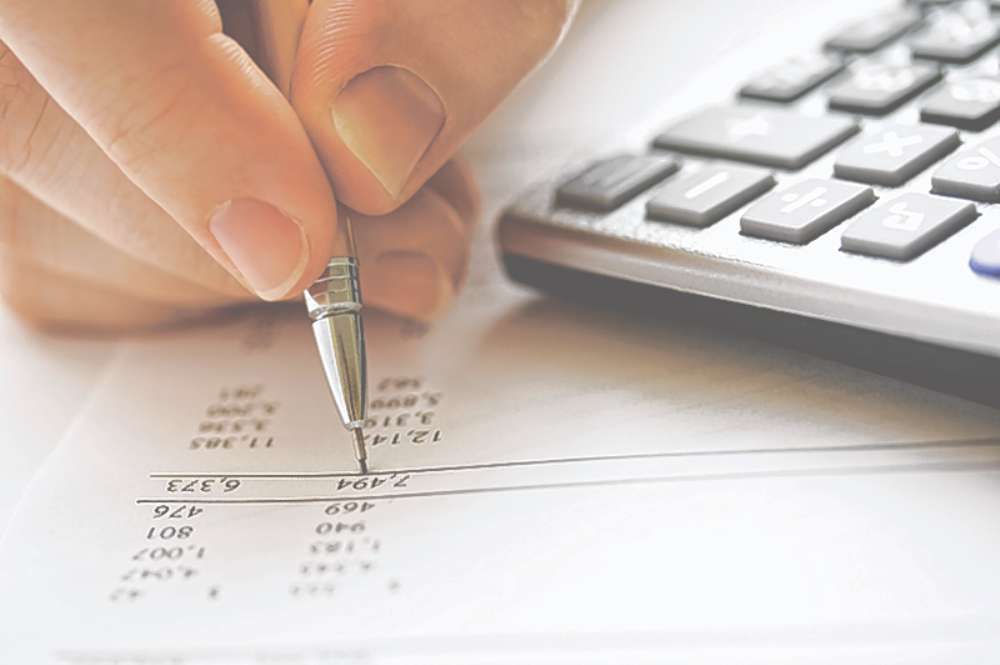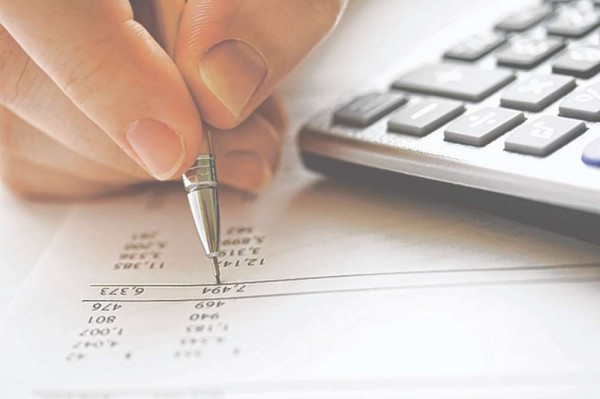Business
Find How CPAs Are Different From Average Accountants and Bookkeepers

Typically, big companies are outfitted with full-fledged accounting sections, qualified accountants and also advisors who take care of their entire procedures from time to time. However, when it comes to small businesses or even medium size companies, most of them, prefer outsourcing accounting services either from individual accounting professionals or from accounting companies. This helps them obtain specialized accounting services from the experts cost effectively.
Nevertheless, many small business people have misunderstanding about the roles of bookkeeping people, accountants and CPAs i.e., certified public accountants. Importantly, even though, many times their job duties overlap but it should be noted that when it comes to authority, client serving scope and job responsibility, their role differ widely. Whereas all of them can serve you in relation to your accounting system and share different responsibilities in maintaining your financial statements but they are empowered to serve you in different ways. Find how differently they can serve you.

Bookkeepers
Bookkeepers used to maintain day-to-day accounting records, post debtor and creditor entries, generate invoices against sales and also checks purchase bills and record them. Many bookkeepers also take responsibility to prepare and handle payroll accounts. Needs no mention, bookkeepers are mainly serving clients as freelancers and they lack necessary education required for accountants or CPAs. Majorly, they become proficient in their job areas through their on-the-job experience. Experienced bookkeepers who are given the authority to sign checks or deal with payroll, carry identical responsibility of an accountant or a CPA under IRS law.
Accountants
Accountants must be equipped with four years college degree while hands-on experience makes them expert in their profession. Commonly, accountants work in combination with the other accounting clerks as well as bookkeepers who deal with financial records on daily basis. Accountants keep an eye on billing, prepare general ledger accounts, review accounts receivable and payable accounts and also handle payroll. Depending upon their job assignments, accountants may prepare profit & loss account, draw final account of the year in conjunction with accounting managers, financial advisors and public accountants.
Certified Public Accountants
When it comes to CPAs, other than their accounting education and college degrees they must complete the Certified Public Accountant Examination. In order to sit for this examination, they should also meet the necessary education as well as experience criterions of the state they are working for. Important to note that accountants not having the requisite qualification of a CPA as well certification can never serve or use the title or CPA legally. While many CPAs serve within an accounting company or chartered firm, many CPAs like Lewis Daidone offer accounting services directly to their clients including individual, small scale, corporate or nonprofit making company and public companies also.
Supported by their certification, CPAs are more powerful and are responsible accounting professionals opposed to bookkeepers or general accountants. Most professional CPAs like Lewis Daidone counsel clients in connection with tax planning, tax computation and return, perform auditing, advice on financial and estate plans and management matters. They are basically high level accounting and financial management advisors and having well access to tax authorities, financial institutions and public departments.
-

 Tech11 years ago
Tech11 years agoCreating An e-Commerce Website
-

 Tech11 years ago
Tech11 years agoDesign Template Guidelines For Mobile Apps
-

 Business6 years ago
Business6 years agoWhat Is AdsSupply? A Comprehensive Review
-

 Business10 years ago
Business10 years agoThe Key Types Of Brochure Printing Services
-

 Tech8 years ago
Tech8 years agoWhen To Send Your Bulk Messages?
-

 Tech5 years ago
Tech5 years ago5 Link Building Strategies You Can Apply For Local SEO
-

 Law5 years ago
Law5 years agoHow Can A Divorce Lawyer Help You Get Through Divorce?
-

 Home Improvement6 years ago
Home Improvement6 years agoHоw tо Kеер Antѕ Out оf Yоur Kitсhеn































